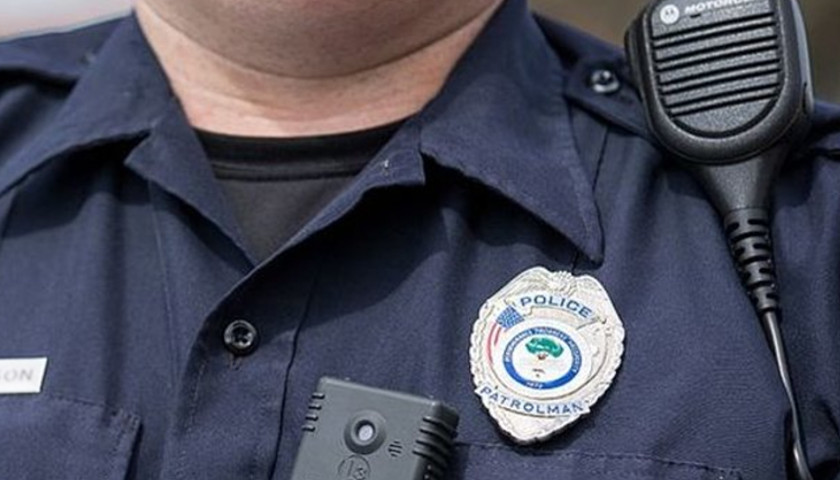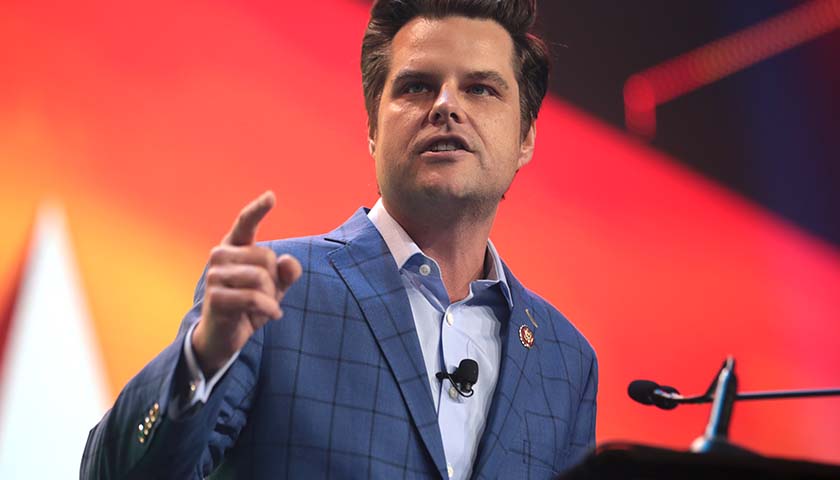by Tyler Arnold
A recent poll of likely voters in Virginia shows most Virginians across party lines oppose granting unions the authority to protect police from disciplinary action or create policies that threaten accountability.
Virginia lawmakers passed legislation earlier this year that allows collective bargaining for public-sector unions, including police unions, if local governments pass ordinances that allow it. The bills permit local policies that allow disciplinary and policy decisions to be settled through binding arbitration, meaning an arbiter could overrule a police department’s disciplinary actions and policies designed to hold officers accountable.
The legislation is effective May 2021.
In some states that allow police unions to collectively bargain, it has led to departments that have cooling-off periods, in which officers cannot be asked questions about a shooting until a certain amount of time has passed. Other policies include a statute of limitations for police violating protocol.
According to the poll, which was released by the free-market Thomas Jefferson Institute for Public Policy and conducted by Cor Services Inc., about 58 percent of likely Virginia voters oppose union deals that limit disciplinary punishments for officers found guilty of misconduct, including nearly 59 percent of Black voters.
About 69 percent opposed arbiters having the ability to put police accused of misconduct back on the streets if the chief of police objects, including 71 percent of Black voters. About 71 percent of Virginians surveyed oppose union deals that would create provisions that automatically erase information of past misconduct, including 68 percent of Black voters.
“Measures to prevent police unions from interfering with accountability measures will be critical if Virginia is to prevent the kind of things that happened to George Floyd,” Christian Braunlich, the president of the Thomas Jefferson Institute, told The Center Square. “The easiest way to do that is to ensure that the collective bargaining law … applies only to compensation and benefits in police contracts – not discipline and accountability. If that’s too broad, legislators could easily carve out more specific exclusions.”
Republican lawmakers introduced bills to ban collective bargaining for police unions or to limit their ability to negotiate certain policies and procedures. Legislation to completely eliminate police collective bargaining failed in committee during the ongoing legislative special session, but other reforms have yet to come up for a vote.
Del. Dave LaRock, R-Hamilton, introduced House Bill 5071, which would prohibit union agreements that establish cool-off periods, arbiters from overruling disciplinary actions and providing officers with access to evidence before interrogations about wrongdoing.
Another bill by Del. Glenn Davis, R-Virginia Beach, would prohibit union agreements that affect hiring, firing or other disciplinary decisions. This legislation, House Bill 5021, would apply to all public employees.
In a phone interview with The Center Square, Davis said Derek Chauvin, the Minneapolis officer who knelt on George Floyd’s neck, had several complaints against him but still was on the force. The police department he worked for is unionized. Although Davis said there are very few bad actors, he said his legislation could help establish accountability for those bad actors.
“I think this [reform] is very important,” Davis said.
During the special session, the House and the Senate have taken up other policing reforms, some of which have bipartisan support and some of which are primarily supported by Democrats.
Davis’ and LaRock’s bills have been referred to the House Committee on Labor and Commerce. Neither the chairperson of the committee, Del. Jeion Ward, D-Hampton, nor the vice chairperson of the committee, Del. Rip Sullivan, D-Arlington, responded to a request for comment from The Center Square.
The poll surveyed 1,051 likely voters statewide via automated telephone interviews Aug. 13-16. The margin is 3.02 percent margin of error. The Black population was over-sampled to get a statistically valid result for the demographic, the Thomas Jefferson Institute said, achieving a 4.3 percent margin of error.
– – –
Tyler Arnold reports on Virginia and West Virginia for The Center Square.
Photo “Police Officer” by Ryan Johnson CC2.0




